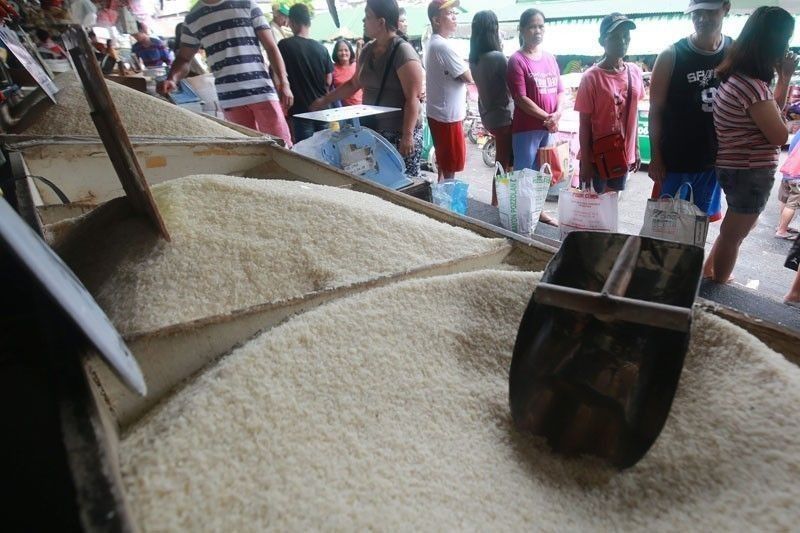DA: Rice Tariffication Law ‘will be pursued’ but stricter measures to be implemented

MANILA, Philippines — The Philippine government will not stop the implementation of the Rice Tariffication Law, but tighter measures will be imposed amid outcry from farmers hurt by falling palay (paddy rice) farm-gate prices.
“The Rice Tariffication Law will be pursued to provide affordable and quality rice for all Filipinos,” President Rodrigo Duterte was quoted as saying by Agriculture Secretary William Dar during a press conference Thursday.
Duterte on Tuesday said he directed Dar to pause the purchase of rice from abroad during harvest season to help local farmers.
At Thursday’s media interview, Dar said the president gave three orders that seek to safeguard Filipino farmers’ business amid the influx of imported rice:
- The National Food Authority should increase the country’s emergency buffer stock from 15 days to 30 days by buying more palay from farmers. The grains agency was also told to purchase more palay and sell more regular milled rice at an average of 20,000 bags or higher.
- The unconditional cash transfer to rice farmers affected by low palay prices will be extended from one to two years with the budget of P3 billion a year.
- The Department of Agriculture, through the Bureau of Plant Industry, will strictly implement the issuance of sanitary and phytosanitary import clearance, especially during harvest season.
Last February, Duterte signed the Rice Tarrification Law which lifted the more than two-decade-old cap on rice imports in a bid to bring down prices of the staple grain.
Under the law, individuals and businesses can import additional volumes of the crop from Southeast Asian countries like Thailand and Vietnam but will have to pay tariffs. The proceeds will be used to fund mass irrigation, warehousing and rice research to help local farmers compete.
But some groups said the influx of cheap rice from abroad has been hurting Filipino farmers. Government data shows prices of palay plunged 24.49% in the third quarter, as farmers were forced to sell their produce to traders at lower prices amid the presence of imported rice in the market.
The US Department of Agriculture-Foreign Agricultural Service has reported that the Philippines is poised to dislodge China from the top and emerge as the world’s biggest rice importer.
- Latest
- Trending






























